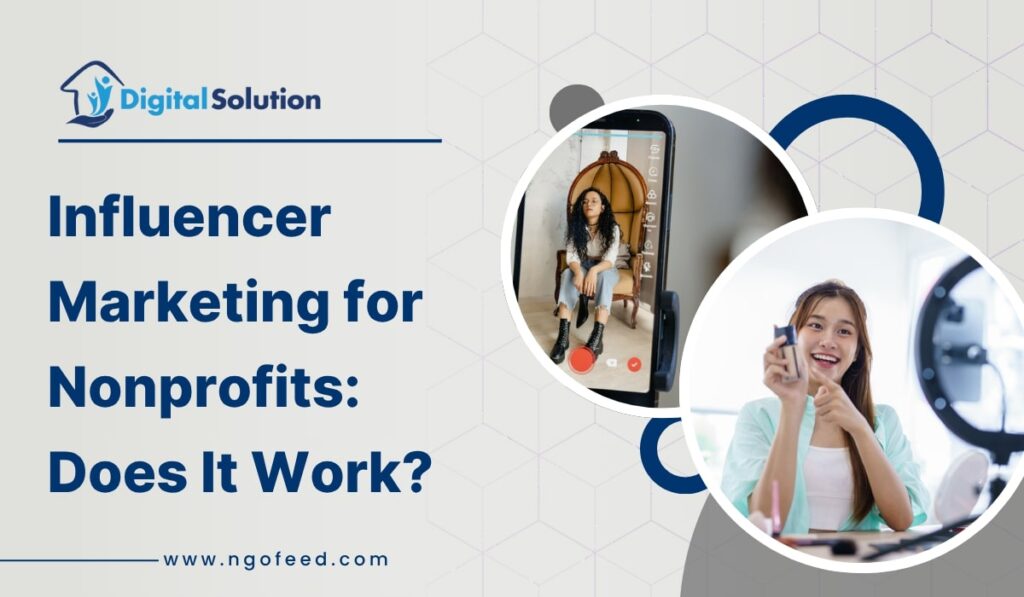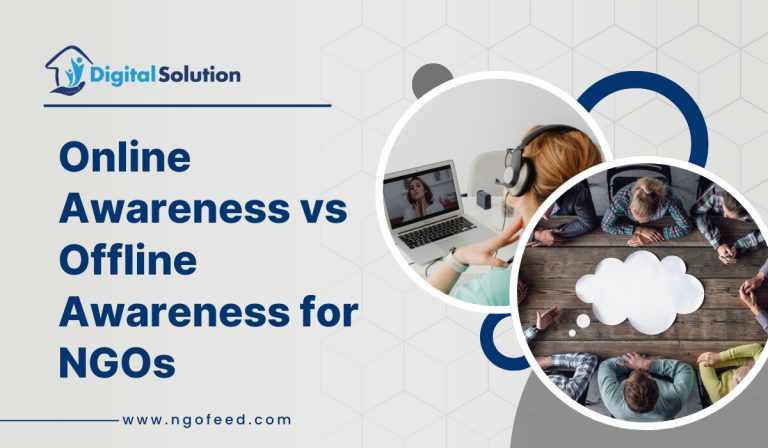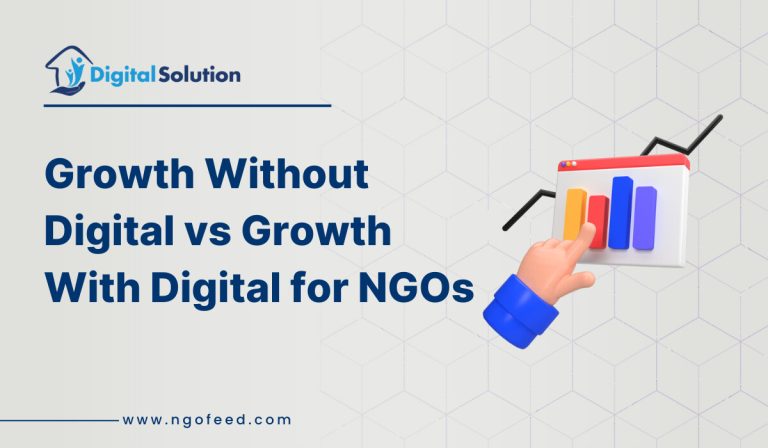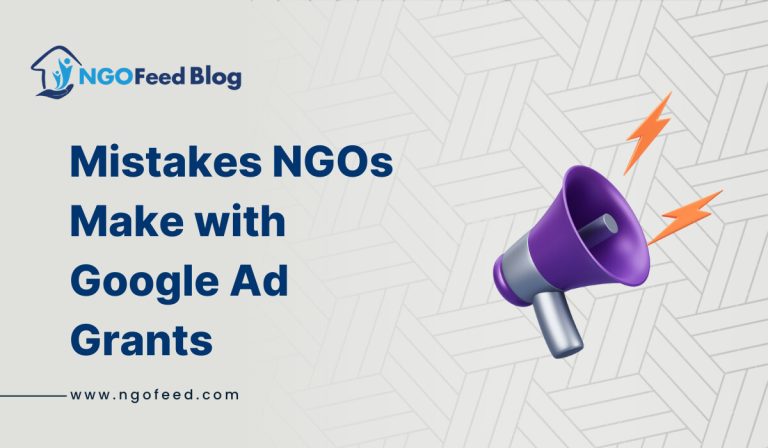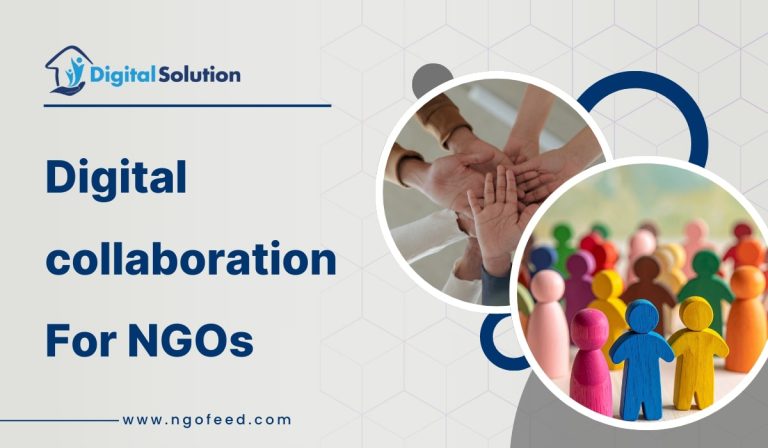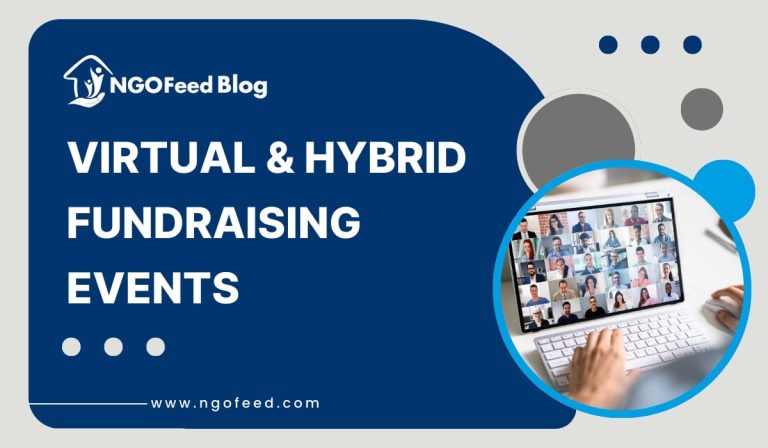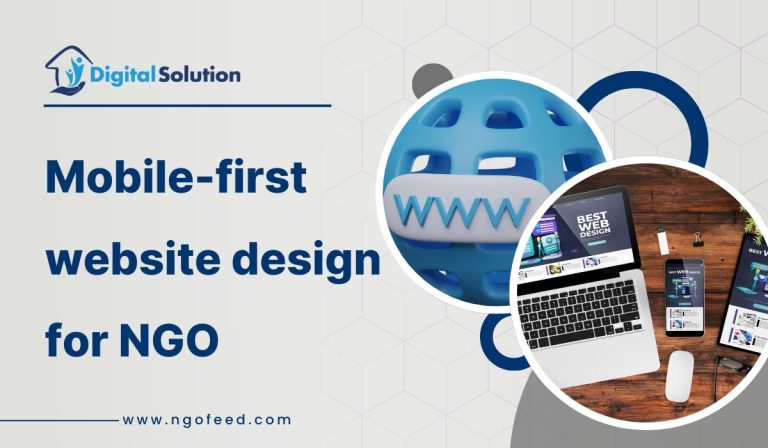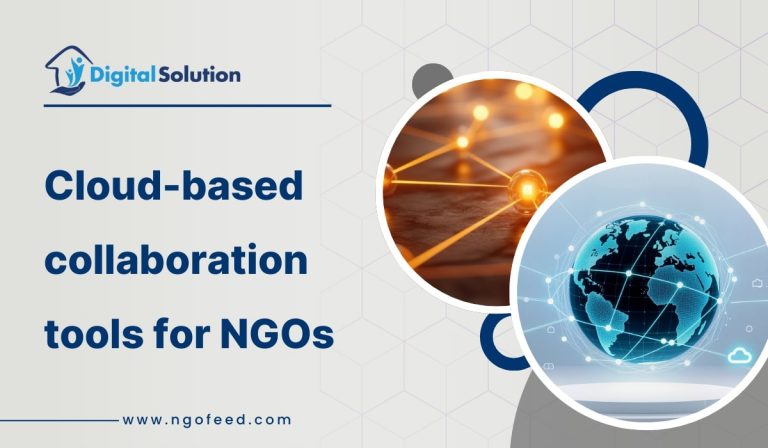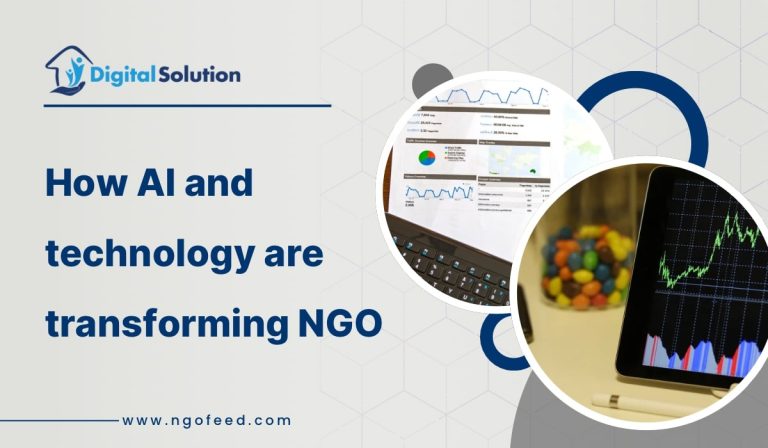Influencer Marketing for Nonprofits: In the world of digital marketing, influencer marketing campaigns are currently making waves online. Believing in the success stories around the world, it is a total game-changer for businesses. But the question arises, does influencer marketing for non-profit actually work?
Marketing is a core strategy for every business to reach its target audience and succeed; NGOs are no exception. They rely on marketing, not just for fundraising, but also for raising awareness, connecting with volunteers, and supporting various efforts to achieve their mission.
In this article, we will discuss the key ways influencer marketing platforms can help NGOs and how your non-profits can benefit by following the best practices. Before we opt for any further discussions on the benefits of influencer marketing, let us first dive into what influencer marketing actually means.
Table of Contents
What is Influencer Marketing for Nonprofits?
In a sentence, Influencer marketing refers to marketing through influencers. Now, who are these influencers? Influencers are people who, through their works, influence people’s thoughts, impact on their lives mentally and emotionally. Connected with them by sharing stories that relate to their own life. They have the power to direct impact on people’s minds.
In today’s digital era, through social media platforms, these influencers connect with people worldwide to share their stories, gain huge amounts of followers whose lives have changed for them. Partnering with such a social media influencer who has a large number of trustworthy followers to promote the business goal is called marketing through the influencer.
Also Read: Importance of Branding for NGOs
What are the types of influencers?
There are four primary types of influencers;
- Mega Influencer: Mega influencers are primarily celebrities who have over ten million followers across the internet. Through their mass follower and media coverage, they can help NGOs expand their audience visibility, which significantly helps them in fundraising and spreading awareness.
- Macro Influencer: Macro influencers are not as popular as mega influencers, but they are social media influencers who have 500k to 1 million followers. They have their particular niche, like food, travel or lifestyle. NGOs, through their niches, can reach their specific audience to promote their mission.
- Micro Influencer: Micro influencers are a more specific audience-oriented people who have a particular niche, like health or lifestyle. Their followers range from 10k to 100k. However, it can also be beneficial for NGOs to hire a micro influencer because they can help to reach the targeted audience, and it’s more affordable than hiring a macro influencer.
- Nano Influencer: Nanos are social media influencers who have their specific niches with 1k to 10k loyal followers with whom they are personally connected. This makes them more profitable for NGOs to increase engagement with more authentic audiences.
Why Influencer Marketing Matters for NGOs
NGOs work for human rights, and it is crucial to increase their brand awareness to reach their mission. Because, in their mission, whether it’s about fundraising or collecting signatures for petitions, conveying their messages to people in a crystal-clear way is essential. However, in the market crowd, it becomes difficult for them to reach their target audiences. It creates trust issues for the donor, whether they are investing in the right cause.
Also Read: Top Reasons Nonprofits Choose NGOFeed to Drive Growth and Impact
With the collaboration of influencers, it becomes easier to expand their reach. People’s trust in their influencer convinces them to try the services promoted by them. This way, NGOs’ partnerships with influencers not only help them increase their brand awareness but also enhance their chances of connecting with more trustworthy audiences. Additionally, if the partnership lasts long, the influencer can help the NGO in organizing awareness campaigns and advocating for legal reforms.
Benefits of Influencer Marketing for NGO
Influencer marketing is currently trending in the market as an effective way to increase the chances of more brand visibility and audience engagement. NGOs, or non-profit organizations, by leveraging the connections of the influencer, can reach their targeted mission, including;
- Brand Awareness: Brand awareness is the most crucial point for NGOs to educate the public about the services they provide. It is about knowing and understanding their mission so that more supportive people can engage. Hiring an influencer marketer to promote their mission helps them access the massive, authentic audience of the influencer. This helps to recognize their brand and services among millions of people and increases brand awareness.
- Expand Reach: The NGO’s mission is to reach as many people as possible to build public relationships that help them in their humanitarian work, like spreading awareness, raising funds, supporting, and advocating for their fight or protest. Leveraging the connection of social media influencers can help them expand their targeted reach.
- Cost-effective marketing: Advertising through television or radio costs a high amount, which is difficult for NGOs that are non-profit organisations to carry. Influencer marketing, especially through nano or micro influencers, is more cost-effective and provides a high level of authentic audience engagement.
Also Read: Why NGOFeed Is the Best Platform for Nonprofit Organizations
- Building Trust: Influencers have massive followers who put their trust in them for the work they do. Leveraging the credibility and trust of these influencers can benefit NGOs in promoting their service and connecting with more supportive audiences who trust in their mission because they are promoted by their favourite person.
- Targeted audiences: Whether it’s about petitions for animal rights, protests for child abuse, or any environmental cause like climate change, individuals’ interests may vary, and not everybody is liable to assist. Through an influencer, especially a nano or micro influencer whose content is focused on a particular audience’s interest, NGOs can connect with their targeted audiences.
Leveraging Influencer Marketing for Nonprofit Organisations:
Although influencer marketing is best associated with commercial branding, non-profits can also take advantage of it by meeting some industry standards. including:
- Align with the Mission: When it comes to partnership with influencer marketing, choose the one that aligns with your mission. It is crucial for the influencer to understand your brand and share the same values. This way, both of you can be involved in an authentic partnership, and audiences will also show interest in your content.
- Identify the Right Partner: The right partner is who can help with your target. If your campaign is about protesting for child abuse, you will not go to the influencer promoting animal rights, or if you are a small NGO with limited funds, you will not look to hire a macro or a public figure. In that sense, select an influencer according to your aim and budget.
- Embrace Storytelling: Embrace your storytelling method to connect directly with followers. People’s interests drive them more towards real-world examples than fiction. Share true stories of your non-profit missions and successes. This way, the transparency and authenticity of the organisation’s work will be maintained, and audiences will take more interest in involvement with your mission.
Also Read: How to Measure the Impact of Your NGO Projects
- Building Relationship: Working or partnering with an influencer is not only about just to meet your target and forgetting about them. But to create a bond, a partnership goal that aligns with the same values and interests. It’s about being in a relationship where both of you are mutually benefited. For example, the Collaboration of an influencer with an NGO for a social cause drives positive attention from audiences for both of them
- Set the metrics: Measuring the goal is important to analyse the result. Use measuring tools like Google Analytics to track the audience engagement rates. Effective monitoring of the campaign, like how it’s going, how many positive reactions it gets, and how much funding is collected. This way, you can track which way the campaign is going and which step you can take for further improvement.
How can NGOFeed help?
Expand your non-profit’s growth potential with NGOFeed Digital Solution. We aim to empower your mission with our research-driven articles, insightful blogs and digital support, including web design, brand design and digital marketing tailored by our experts to refine your online presence. Additionally, you can access our dashboard to share your non-profit story to connect with global audiences and gain visibility.
Conclusion
Whether it’s commercial or non-profit, business influencer marketing is slowly paving its way into the digital world. However, the doubt remains if non-profits can also benefit from the trend. But the truth is, non-profits can actually get a better response by collaborating with the influencers. Because NGOs’ mission is to spread awareness, educate, and amplify the unheard voices to stand by humanity. Which needs a platform with trustworthy audiences and influencers who already have access to these. That is how the coalition of NGOs’ strong mission goal and an influencer’s authentic audiences can create a real impact on the ground.
Also Read: LinkedIn vs X (Twitter) For NGOs
Frequently Asked Questions (FAQs)
What is Influencer marketing?
Influencer marketing is a marketing strategy where brands collaborate with social media influencers who have a dedicated following to promote their products and services in a more authentic and relatable way.
What are the differences between various types of influencers?
There are four types of influencers: mega, macro, micro and nano influencers. They differ in terms of their credibility and the level of influence they hold over their communities.
Does influencer marketing work for non-profit organisations?
Yes! In a certain manner, influencer marketing can also be effective for NGOs.
NGOs can leverage the authentic and engaged audience base of influencers to increase their brand awareness, promote campaigns, and amplify humanitarian causes to a broader, more inclusive audience.
How to select an influencer for a non-profit organisation?
Opting for the right influencer who can support your NGO depends on your organisation’s goal. Whether you aim to raise funds or spread awareness, choose those who align with your mission and share your core values. This ensures your messages convey with transparency and authenticity.
Can small NGOs collaborate with influencers?
Absolutely! Small NGOs with a limited budget can also engage with influencers. Most of the influencers are convinced of unpaid assistance with NGOs if they genuinely believe in the cause and are willing to make an impact.

